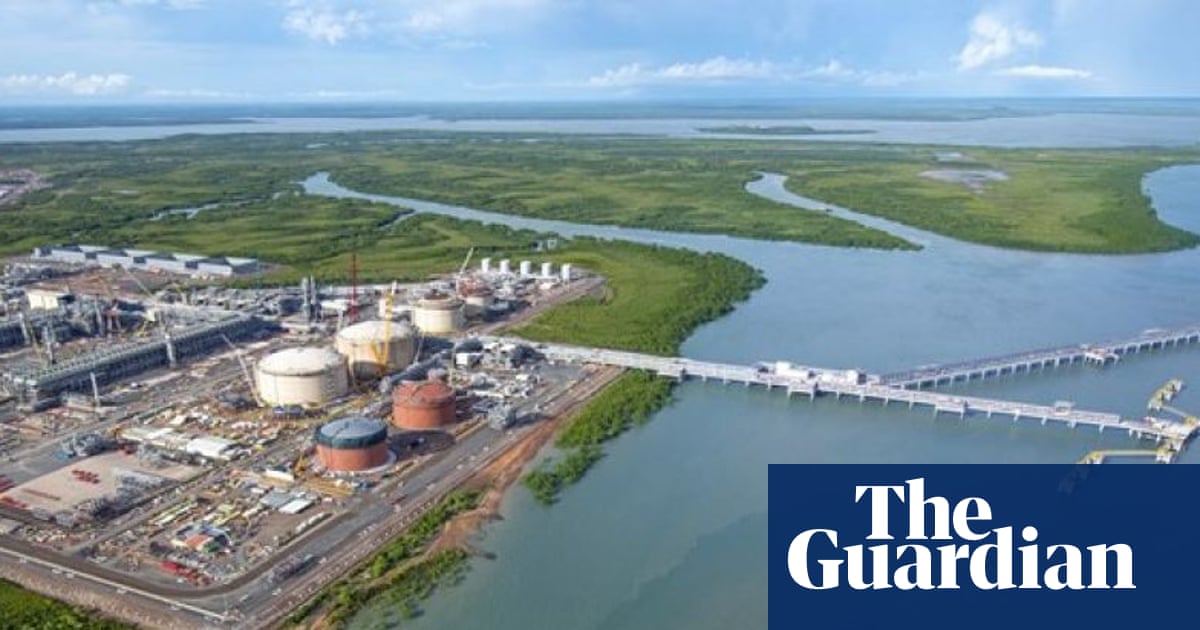
Today, Australia finds itself at a pivotal moment in history. The International Court of Justice (ICJ) has delivered a landmark ruling, marking the most significant climate decision ever issued by a court. As a barrister representing the Solomon Islands in the case, I witnessed firsthand as the judges redefined the global pursuit of climate justice.
The world’s highest court decisively dismissed conservative arguments from high-emitting countries, including Australia, the United States, China, and Saudi Arabia, which sought to justify ongoing fossil fuel extraction. Instead, the court issued a series of progressive statements with far-reaching implications. Under international law, countries are now obligated to rapidly reduce emissions to limit global warming to 1.5 degrees Celsius. Failure to comply could result in developed nations like Australia facing financial compensation demands or being required to rebuild infrastructure and restore ecosystems damaged by climate change. This heralds a potential new era of climate reparations.
Implications for Australia
This ruling represents a watershed moment for the global environmental movement. In a significant victory for climate activists, the court specifically targeted the fossil fuel industry, declaring that countries failing to protect the environment from greenhouse gases, including those from fossil fuel production and consumption, may commit an “internationally wrongful act.” Such actions can now be punished under international law.
For Australia, the implications are profound. As the nation prepares to host COP31 next year and finalize its updated 2035 emissions reduction target, it may need to revise legislation and policies to swiftly curb emissions from companies within its jurisdiction.
Pressure on Emissions Reduction
The ruling places increased pressure on the Albanese government to enhance its emissions reduction ambitions. The court emphasized that countries must set Paris Agreement goals aligning with the 1.5C temperature target. According to Climate Action Tracker, Australia should reduce its emissions by 76% by 2035 against a 2005 baseline to fulfill its fair share of the global emissions reduction burden.
This aligns with the upper range of potential targets identified by the Climate Change Authority, which suggests an emissions target between 65% and 75% by 2035. In light of the ICJ decision, failing to set a target close to 75% may invite legal or political challenges from other countries and domestic campaigners.
Fossil Fuel Production and Use
To comply with its international obligations, Australia must curb fossil fuel production and use. Despite strong rhetoric on climate change, the Albanese government has continued approving coal, oil, and gas projects at a concerning rate. Recently, the government approved the extension of Woodside’s controversial North West Shelf development, a massive gas project expected to operate until 2070, emitting an estimated 87.9 million tonnes of carbon dioxide equivalent annually.
If Australia secures the hosting rights to COP31, it will face intense pressure from Pacific neighbors to fulfill its commitments and transition away from fossil fuels.
Potential for Climate Reparations
Most importantly, today’s ruling signifies that Australia could face climate reparations in the future. Developing countries may file claims against Australia seeking damages. As a high-emitting developed country and one of the largest exporters of coal, oil, and gas globally, Australia bears both historical responsibility for climate change and the means to compensate other nations.
The scale of reparations will depend on the damage suffered by the claimant country, but the extensive impacts of climate change mean that Australia and others could face high-value cases.
Global Impact and Future Prospects
The ICJ’s decision represents a transformative moment for climate lawyers, providing a powerful tool to pressure governments and corporations to acknowledge the realities of our warming planet. The threat of reparations can now be leveraged to compel action from the most stubborn climate offenders, including Australia.
This ruling is a victory for everyone, delivering a clear message that the status quo is inadequate. We must act urgently to address the climate crisis. In a time when hope is scarce, this decision offers a beacon of progress.
As the world grapples with the implications of the ICJ’s ruling, Australia and other major polluters face a new era of accountability and responsibility in the fight against climate change. The coming months and years will reveal how these nations respond to this unprecedented legal and moral challenge.






